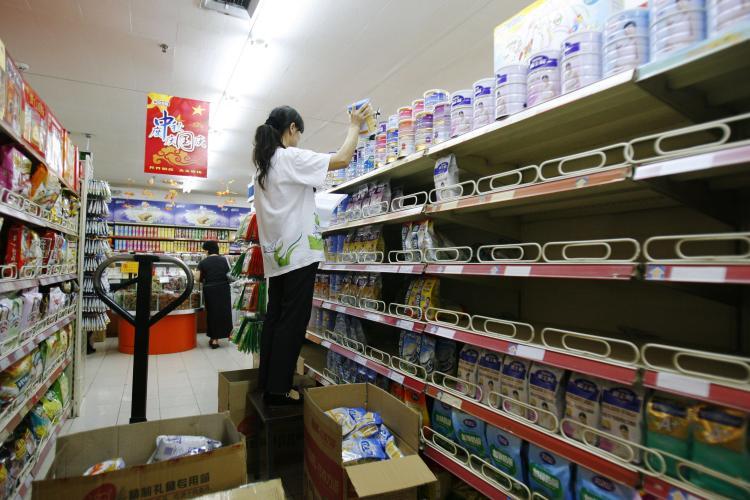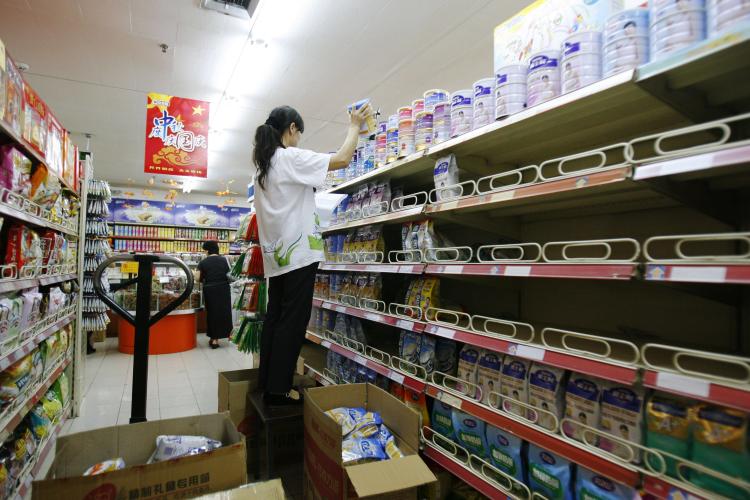A recent survey in China showed that more than half of Chinese customers now have less trust in New Zealand dairy products. From the perspective of business, Fonterra’s investment in China is in tatters.
The melamine milk powder scandal has seen Fonterra, as Sanlu’s 43 percent shareholder and one of the largest dairy enterprises in the world, write the company down by NZ$139 million.
In fact, Fonterra is only a typical example of the countless failures experienced by western enterprises, which invest billions of dollars in cheap Chinese goods, but turn a blind eye to the corrupt nature of the Chinese communist regime. Unfortunately, these investments were destined to go down the drain from the beginning, because anyone who goes into business with the most totalitarian regime in history surely must not expect anything different.
Whenever Western governments or enterprises are preparing to sign trade agreements with the Chinese Communist Party (CCP), human rights organizations and NGOs actively raise the issue of human rights.
They ask politicians and CEOs to think about the human rights record of the CCP; including live organ harvesting from Falun Gong practitioners; the slaughter of Tibetans; arrests of democracy advocates; continuing the supply of weapons to Zimbabwe; financing Burma and North Korea’s military dictatorships; and offering protection to propagators of the genocide in Darfur.
Money invested in China is used by the CCP to repress Chinese people and extend its manipulation tactics around the world.
Western companies often say they value “freedom”, “democracy” and “human rights” yet when faced with human rights atrocities, they are quick to undermine their own principles for profit.
Business and human rights are two different terms but they cannot be separated. How would we look upon foreign enterprises doing business with Hitler while he was slaughtering Jews? If business and human rights are completely separate, why does the UN adopt economic sanctions against some dictatorships?
When politicians and CEOs turn a blind eye to the Chinese Communist Party’s continuing atrocities, they actually give up their conscience, their standard to distinguish good from bad.
The old Chinese saying: “Doing good is rewarded; doing evil is punished” is similar to the Western saying: “As ye sow, so shall ye reap.” Here are some events to think about.
In August, western leaders attended the Beijing Olympics on invitation from the CCP—an event that was widely seen as effort by the regime to gain legitimacy in the world. In October, the West encountered the worst financial crash in history.
In April a New Zealand trade delegation, signed a free trade agreement with the CCP. In October, Fonterra, the largest enterprise in New Zealand, became entangled in the Chinese milk scandal.
In October, Peter Mandelson, the new UK Minister of Business, was rushed to hospital with kidney stones. A week earlier, at one of his last press conferences as EU Trade Commissioner, Mr Mandelson gulped a glass of Chinese yoghurt, saying,"I shall continue drinking my favourite milk product which I enjoy and which does not make me nervous.”
If Shakespeare were alive today, he would probably say: “Money or conscience: that is the question.”


